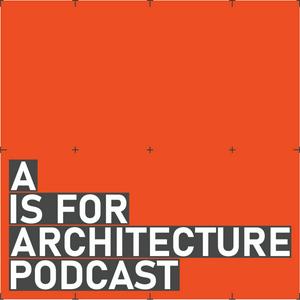For this episode of the A is for Architecture Podcast, Amica Dall, co-founder of Assemble, writer and researcher, and Frances Northrop, head of community economic power at the New Economics Foundation and a director of Totnes Community Development Society discuss Common Treasures (Vol. 1 & 2), published by Little Toller Books in 2025.
Common Treasures was founded in 2025 by members & collaborators of Assemble to explore challenges in rural communities through practical, grassroots responses. Its aim is to enable rural communities, landowners, housing providers, and local authorities to achieve better shared outcomes for the people living and working there, and the land they live on. The books documents emerging conversations exploring alternative approaches to rural housing, land, food systems, and livelihoods.
It’s spatial, programmatic, projective, social and organisational, and as such it’s designerly. So we talk about some of that.
Socially, Amica can be gotten on LinkedIn and via Assemble. Frances is more distributed, electronically, and can be found on the NEF site, on LinkedIn and Instagram.
+
Music credit: Bruno Gillick
Image credit: Kaye Song
#ArchitecturePodcast #RuralFutures #AlternativeRuralHousing #CommonTreasuresBook #CommunityLedDesign


